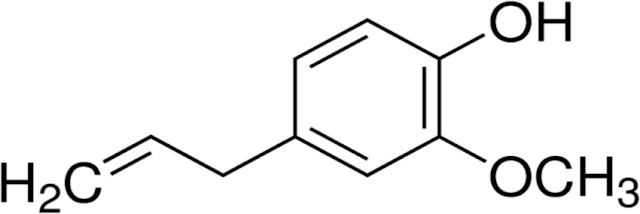Butyric Acid: A Natural Solution for Industrial Challenges
 |
| Butyric Acid |
In recent years, the demand for sustainable and
environmentally friendly solutions in various industries has grown
exponentially. Amidst this shift, butyric acid, a naturally occurring compound,
has emerged as a promising alternative for addressing several industrial
challenges. Butyric Acid, also known
as butanoic acid, is a short-chain fatty acid found in various natural sources,
including certain bacteria, dairy products, and plant oils. This versatile
organic compound possesses unique properties that make it an ideal candidate
for overcoming challenges in diverse industrial sectors.
Butyric acid is widely utilized as a flavoring agent and
preservative in the food and beverage industry. Its distinct odor and taste
contribute to the characteristic flavor profiles of many dairy products, such
as cheese and butter. Additionally, butyric acid inhibits the growth of harmful
bacteria, thereby extending the shelf life of food products naturally.
The pharmaceutical industry has recognized the value of Butyric Acid in the production of drugs and therapies. It serves as a precursor in
the synthesis of various pharmaceutical compounds, including esters, salts, and
derivatives. Butyric acid has shown potential in cancer treatment, as it
exhibits antitumor effects and can promote apoptosis (programmed cell death) in
cancer cells.
As a feed additive, butyric acid enhances the overall gut
health and performance of livestock. It improves nutrient absorption,
strengthens the intestinal barrier, and reduces the occurrence of
gastrointestinal disorders. By incorporating butyric acid into animal feed,
farmers can enhance the overall health and well-being of their livestock while
reducing the need for antibiotics.
Butyric Acid serves as a vital component in the
production of biofuels and bioplastics. Through a process called anaerobic
fermentation, butyric acid can be converted into butanol, a promising biofuel
that exhibits higher energy density than ethanol. Additionally, butyric acid
can be polymerized to create biodegradable plastics, offering an eco-friendly
alternative to traditional petroleum-based plastics.
One of the significant challenges faced by industries is the
remediation of contaminated sites. Butyric acid, with its unique properties,
can aid in the process of environmental cleanup. It can be employed to
stimulate the growth of certain bacteria that possess the ability to degrade
pollutants, such as hydrocarbons and heavy metals, naturally. This
bioaugmentation technique offers a sustainable and cost-effective solution for
soil and water remediation.



Comments
Post a Comment